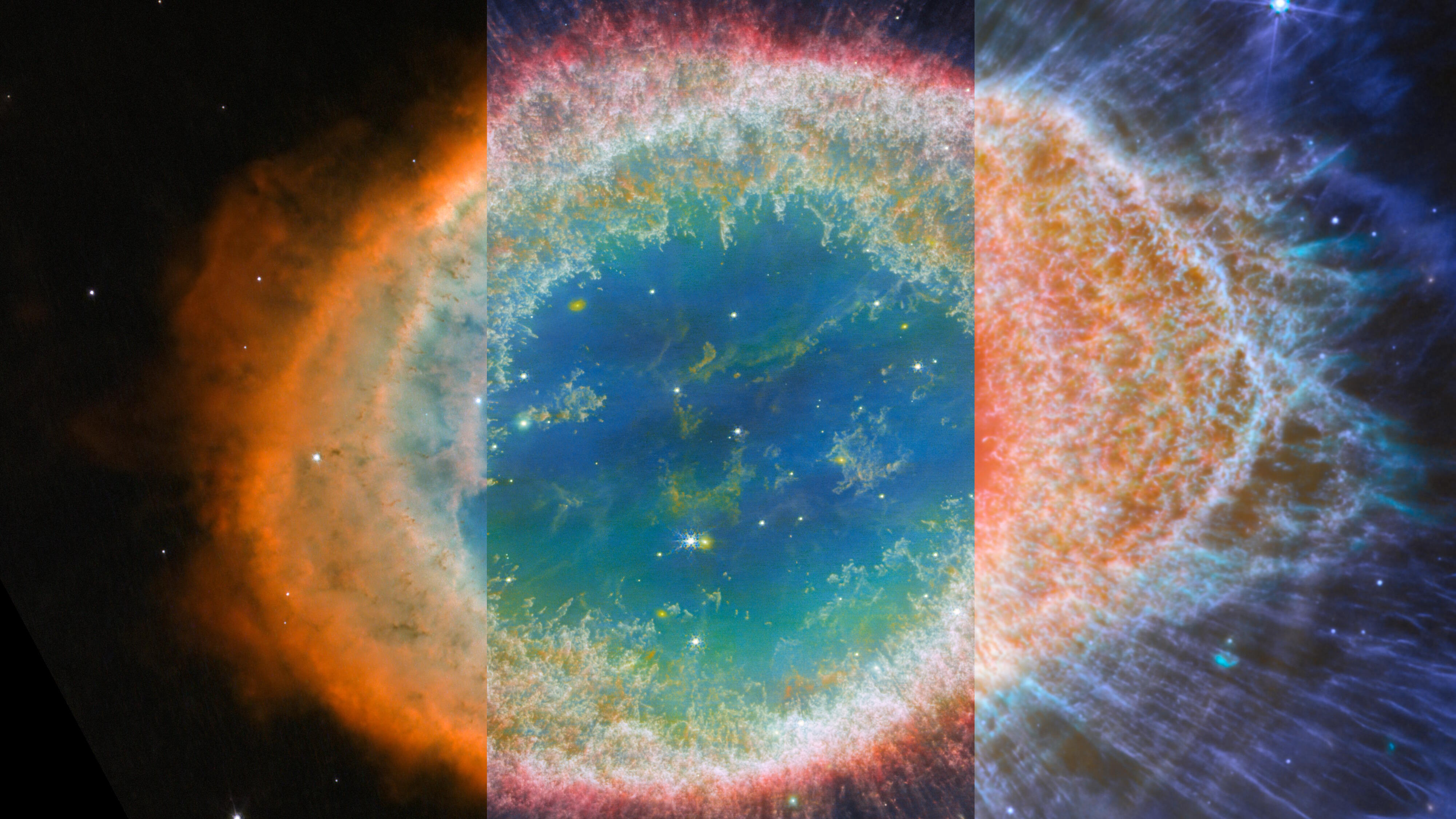Dickson Despommier on 20,000 years of agricultural history.
Dickson Despommier: So, It began by accident, of course, maybe 20,000 years ago. Maybe even earlier than that, when hunter-gatherers got tired, I guess, or stumbled upon a crop. And that crop said, you know, you guys don't have to look around for food anymore if you learn how to take care of the crop. And these crops varied, but mostly it was wheat, and mostly it was in the Middle East, but the crop as it's been described since then actually trapped us into taking care of it by domesticating it. So we became, sort of, parasitized by our food. Rather than chasing it and hunting it down, now we can grow it, but in order to grow it we have to water it, and we have to take care of it, right? So that's when we learned how to do this. it took 10,000 years. So fast-forward. How is agriculture doing today? It's the same, only we've invented lots of different ways of doing that. We've got machines that plow our fields, and plant our corn, and weed the fields, and harvest the corn, and take care of the excess that we don't eat, and peel the corn, and shuck the corn. And if you read Michael Pollan's books, you'll realize that corn--we're made out of corn. We're basically C4 plants turned into animals. Once again, we appear to be trapped by a crop--this corn crop and wheat crop and rice crop. As you look at the amount of effort that goes into producing the food that we eat, it;'s heroic in terms of it's really pushing a very large square peg into an ever-narrowing round hole, until finally, that hole is going to shut and then we'll still have the square peg.
Question: What does it mean to mass-produce crops in unnatural locations?
Dickson Despommier: In fact, there are no natural places for crops. We've invented all those places, and that's part of our current dilemma, is that our population continues to grow as the result of a reliable food source in many, many places. Many, many different kinds of food, but nonetheless, you've seen what happens over the last 10,000 years. Our population jumped from several million to several billion.
Recorded on: 6/10/08





